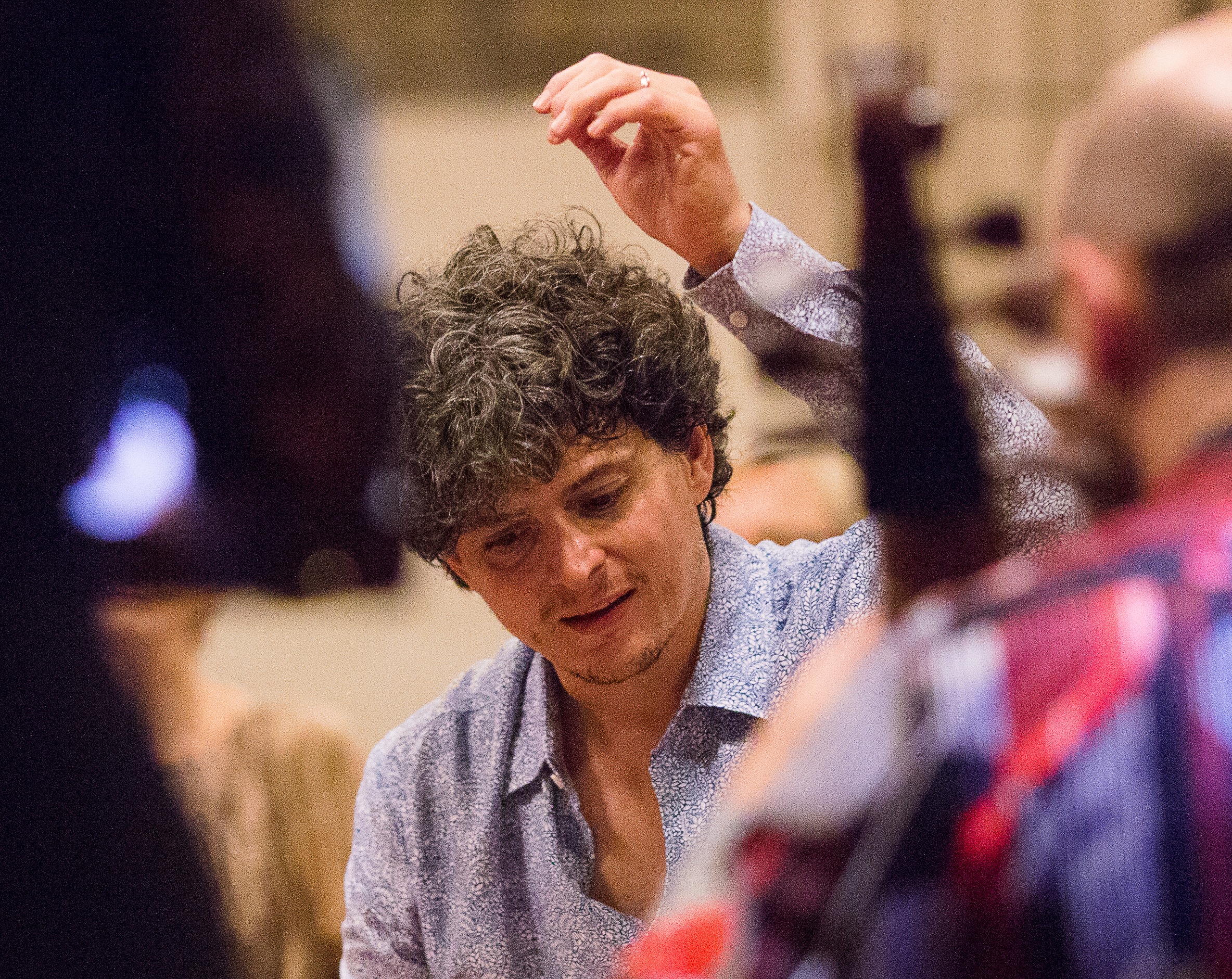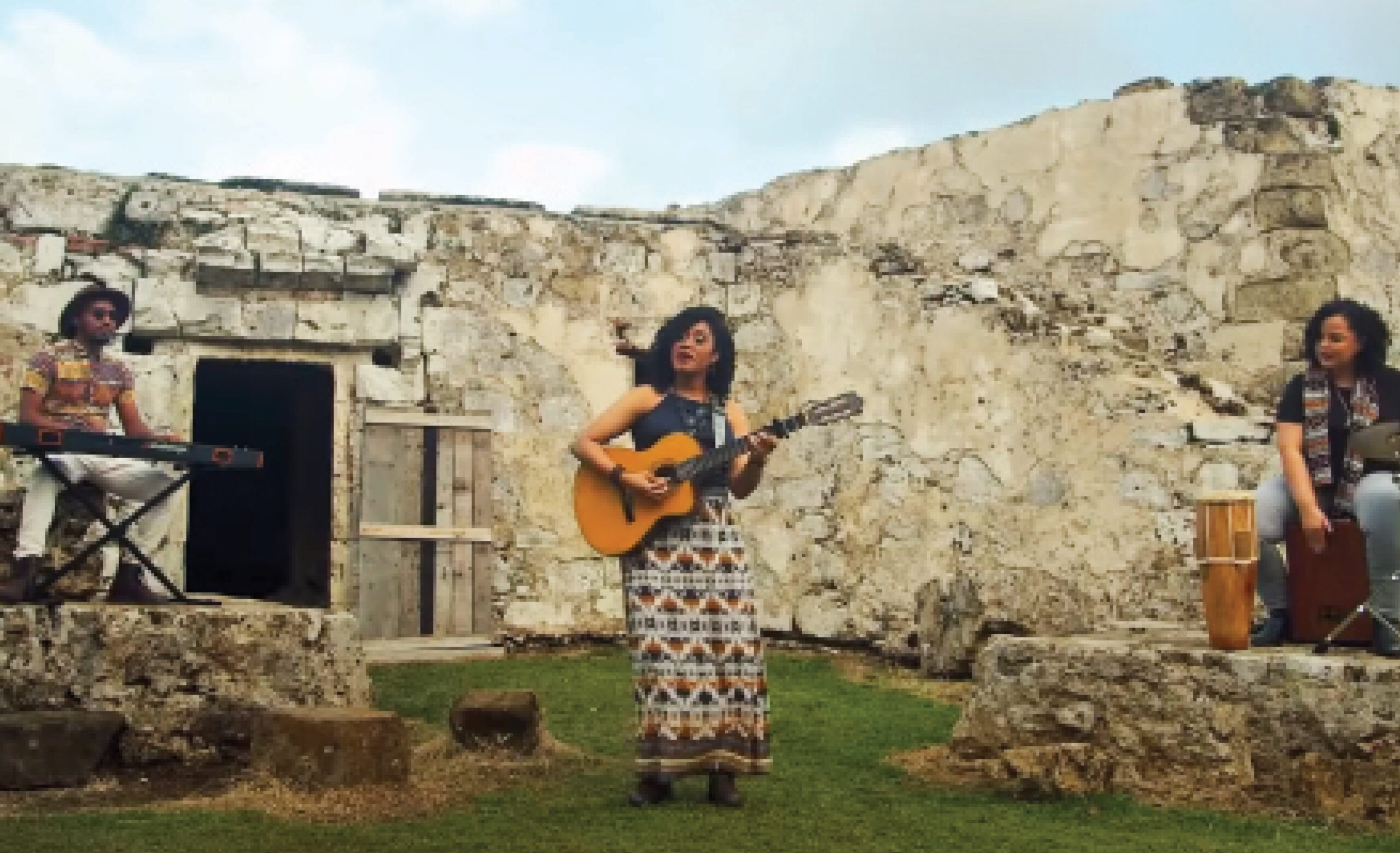This article is adapted from AQ’s special report on A (Relatively) Bullish Case for Latin America
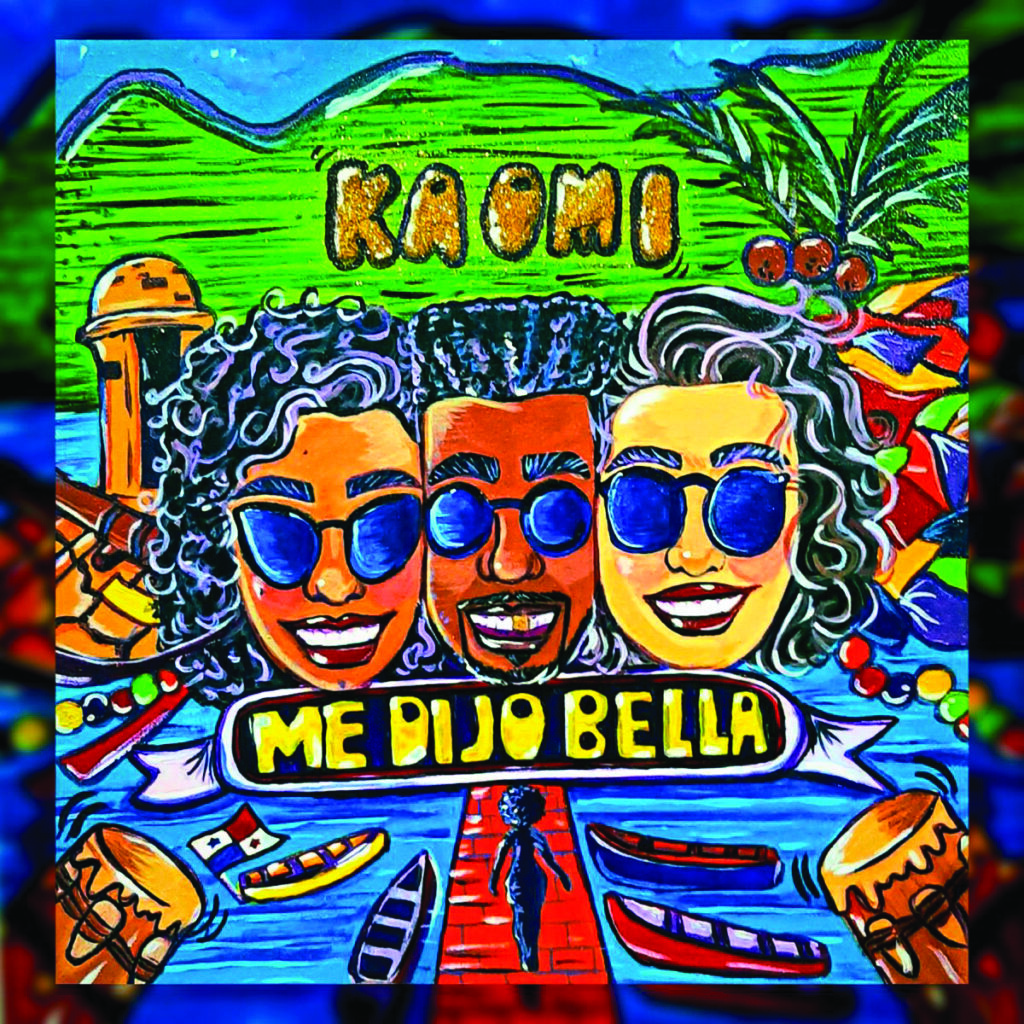
Me dijo bella
by Kaomi
The Panamanian trio Kaomi (lead singer and guitarist Karina Castillo, pianist Oriel Camargo, and percussionist Karla Ruiz) has been together since 2011, and has released a handful of tracks. “Me dijo bella,” a collective creation as are most of their pieces, is a love song whose lyrics would not be out of place in a bolero. Traditional drums come in and out of focus as the opening electrocumbia morphs into reggaeton at the chorus and a surprising rap interlude by Camargo serves as a powerful contrast with Castillo’s soulful voice.
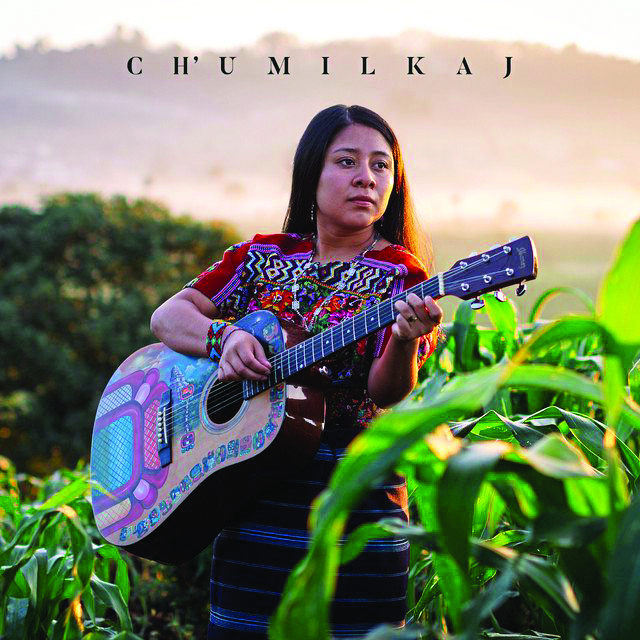
“Ixim”
by Ch’umilkaj
We move to more experimental territory with Ch’umilkaj, a Kaqchikel Maya singer-songwriter from Chixot, northwest of Guatemala City. She has been singing about her Indigenous cosmovisión (spiritual worldview) in Mayan languages and Spanish for over a decade and is no stranger to interesting collaborations. “Ixim” is a solo track from her 2020 debut album, in which a counterpoint of traditional wind instruments including shells, ocarinas and flutes sets the stage for her voice, accompanied by a subtle drum. The opening track, “Yojb’e Yotzolin,” in which rappers Débil Estar (of Salvadoran group Pescozada) and David Lemus speak about migration, features the same wind instruments, creating a seamless transition. Ch’umilkaj contributes a bilingual chorus that brings together the meaning of the song.

Perlas y conchas
by Fémina
Fémina, a trio from San Martín de los Andes, a small city in Argentine Patagonia, was founded in 2004 and is now enjoying a successful international career. “Arriba,” a track from their latest release (Perlas y conchas), features the unusual combination of a soul-inspired rhythm groove (with brass and all) and a prominent charango, a small guitar-like instrument from the southern Andes traditionally built with an armadillo shell, backing their tight vocals. While in other tracks, like “Resist,” their recent collaboration with Iggy Pop, their voices take turns in solos and different configurations, the existential lyrics in “Arriba” and other songs are delivered almost conversationally, by what sounds like a single voice, rather than like a trio of independent voices, a method that gives the songs a particular heft.
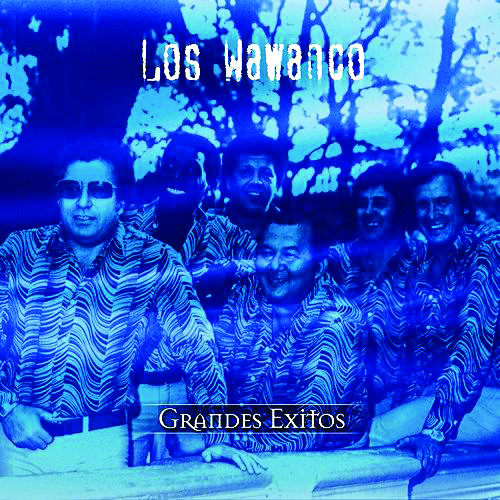
Los Wawancó
I couldn’t end this playlist of music styles and sounds that have traveled far beyond the places where they started without mentioning Los Wawancó, the Argentina-based trendsetting pioneers of the internationalization of cumbia, who brought the traditionally Colombian rhythm to the Southern Cone in the 1960s, with lyrics that mixed quaint double-entendres with deep poetic insights delivered over danceable beats. I have always found it magical to dance to a lighthearted song that asks the morning star, “Why have you lost your rare charms?”


